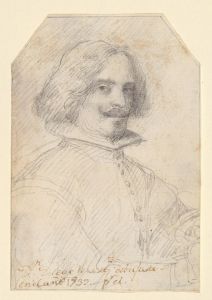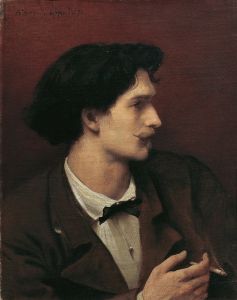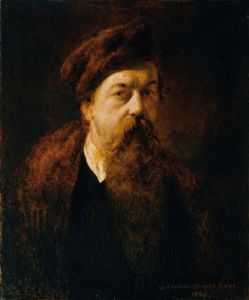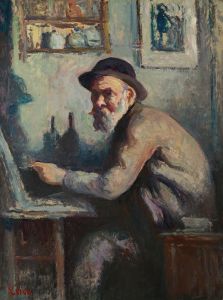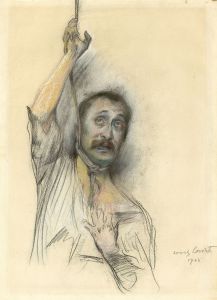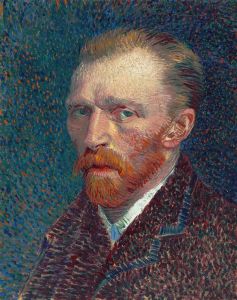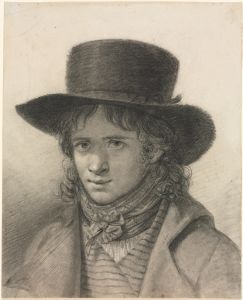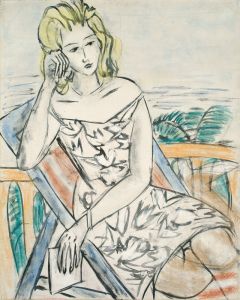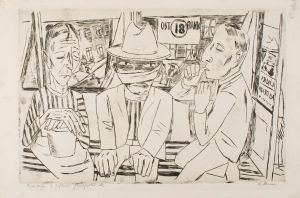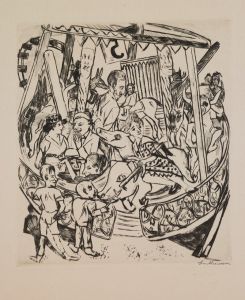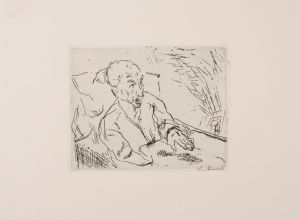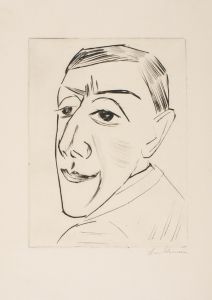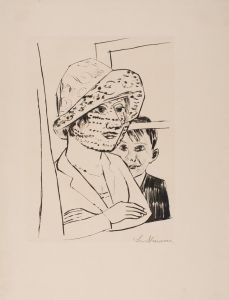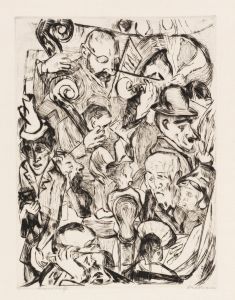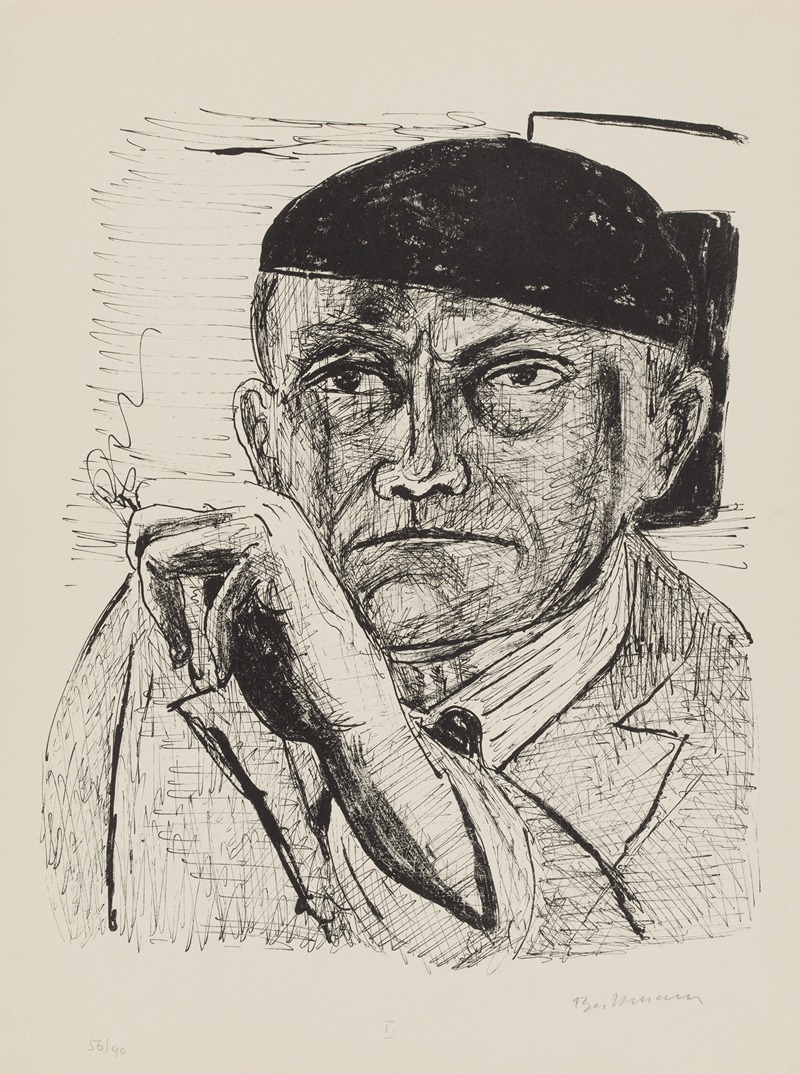
Self-Portrait
A hand-painted replica of Max Beckmann’s masterpiece Self-Portrait, meticulously crafted by professional artists to capture the true essence of the original. Each piece is created with museum-quality canvas and rare mineral pigments, carefully painted by experienced artists with delicate brushstrokes and rich, layered colors to perfectly recreate the texture of the original artwork. Unlike machine-printed reproductions, this hand-painted version brings the painting to life, infused with the artist’s emotions and skill in every stroke. Whether for personal collection or home decoration, it instantly elevates the artistic atmosphere of any space.
Max Beckmann, a prominent German painter and printmaker, created numerous self-portraits throughout his career, reflecting his evolving artistic style and personal experiences. Among these works, his self-portraits are considered significant contributions to modern art, showcasing his mastery of expressionism and his ability to convey complex emotions and psychological depth.
Beckmann's self-portraits often serve as a window into his life and the turbulent historical periods he lived through, including World War I, the Weimar Republic, and the rise of the Nazi regime. His works frequently explore themes of identity, existentialism, and the human condition, and his self-portraits are no exception. They often depict him in a direct, confrontational manner, engaging the viewer with an intense gaze and a sense of introspection.
One of Beckmann's most notable self-portraits is "Self-Portrait in Tuxedo" (1927), which exemplifies his mature style. In this painting, Beckmann portrays himself dressed formally, exuding confidence and authority. The composition is characterized by bold lines, a limited color palette, and a sense of psychological tension. This work reflects Beckmann's interest in exploring the complexities of self-representation and the role of the artist in society.
Beckmann's self-portraits also reflect his personal struggles and the challenges he faced during his lifetime. After being labeled a "degenerate artist" by the Nazi regime in 1937, Beckmann fled Germany and lived in exile in the Netherlands and later in the United States. His later self-portraits often convey a sense of alienation and resilience, capturing his determination to continue creating art despite the hardships he endured.
Max Beckmann's self-portraits remain highly regarded in the art world for their technical skill, emotional depth, and ability to capture the essence of the artist's inner world. These works provide valuable insight into Beckmann's life and the broader cultural and historical context of the 20th century. Today, his self-portraits are housed in major museums and collections worldwide, where they continue to be studied and admired by art historians and enthusiasts alike.





